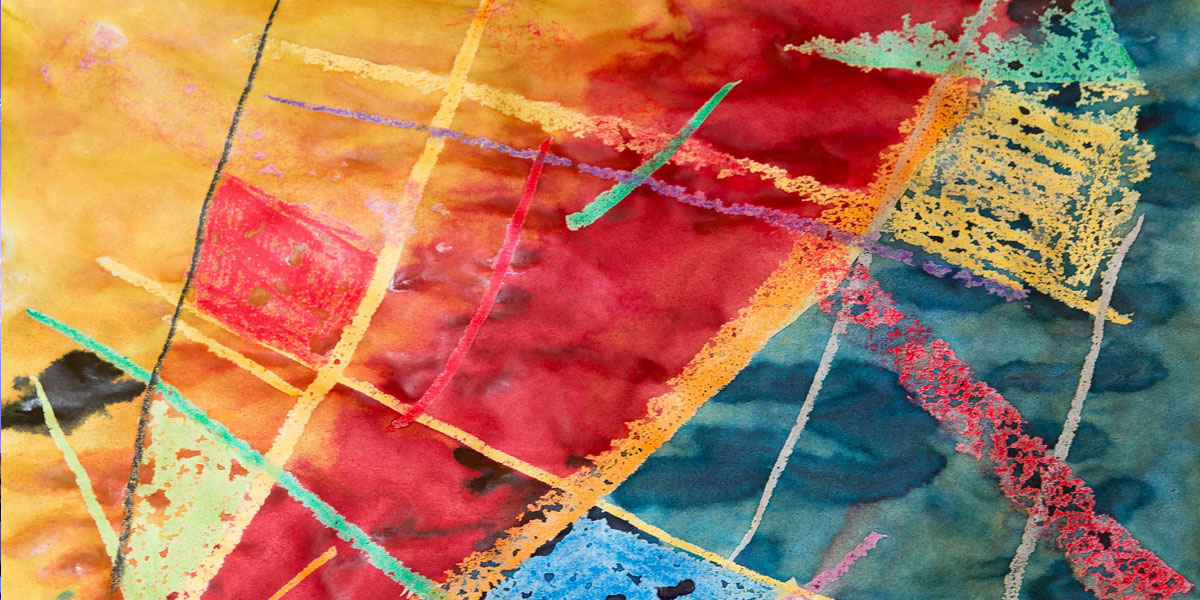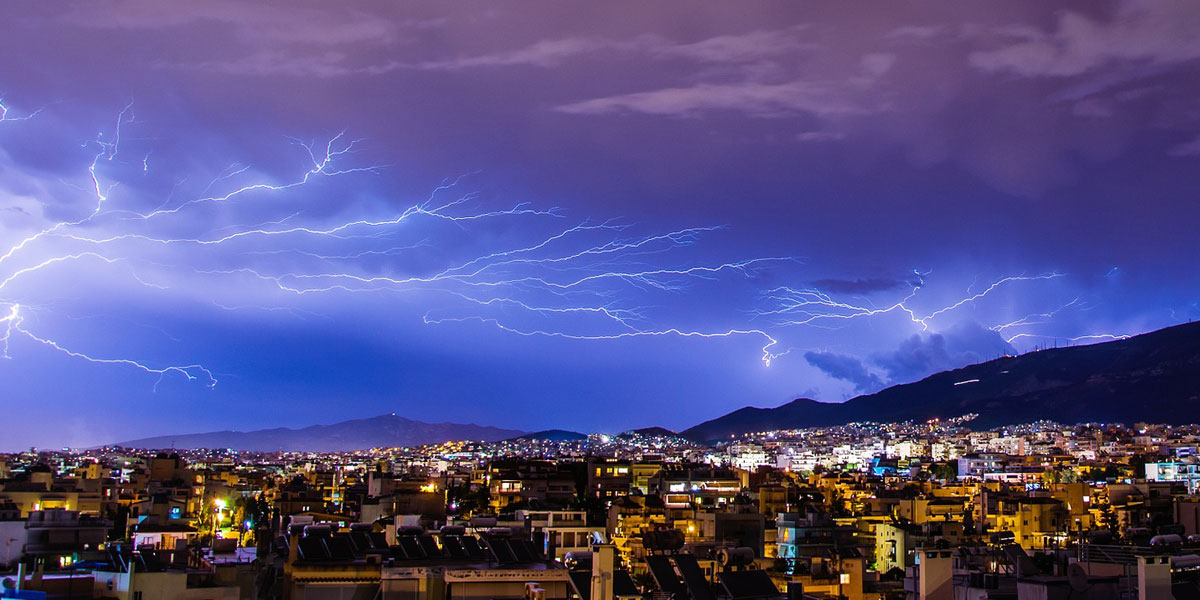If, five or ten years ago, you had the same knowledge you have today, do you think your life would have been different? Having exercised a choice and arriving at a path now, have you wondered what it would be like to have exercised a different choice?
Well, let me tell you a story.
Once Lord Krishna and his devotee, Narada were taking a walk along the banks of the river, Yamuna. The discussion veered to the topic of maya (illusion), the power that ensnares man, and keeps him engrossed in the mundane of the world.
Narada asked, “Lord, how can one be free from the effects of maya?”
The Lord said, “Narada, it is a wonderful question and requires exploration. Let us sit under that tree for a while and I shall explain it to you.”
As they approach the tree the Lord said, “I am thirsty, could you please fetch me some water to drink?”
Narada put his Veena (musical instrument) down and immediately headed to the river to fetch water. As he approached the river he started searching for a pot so that he could take some water back to the Lord. He noticed a hut along the bank. He proceeded towards the hut, which was well maintained with a beautiful garden of lovely flowers and patches of vegetation. There was even a cowshed. The thought occurred to him that not only could he take water to the Lord, he would well be able to collect a late afternoon snack too. He approached the front door enthusiastically and knocked gently.
A beautiful young lady opened the door. Narada at once fell in love with her. She invited him in, offered him food, and finally Narada asked her to marry him. She agreed and they got married. In a few years time, they had children, whom they raised very lovingly. One day the river got flooded and threatened to drown their hut. Narada wanted to take his family to safety and arranged for a boat. All of them got on the boat when a huge wave crashed into the boat and overturned it. Narada lost all his family members to the wrath of nature. His grief paralysed him and his will to live dwindled.
He cried out, “Lord, why me? Why is this happening to me?”
Lord Krishna asked Narada, “You are still there? What about the water you were to bring for me?”
Narada found himself in front of the Lord with the Veena lying at his feet, and he wondered, “So all this was a dream? It was so real!”
The Lord replied, “Narada, that is the effect of maya.”
Narada was flabbergasted, “How could I succumb to Maya? Am I not your devotee? Why did you take so long to relieve me of that misery?”
The Lord responded, “When you put down your Veena, you put down the remembrance of the Lord too with it. Immediately, maya captured you. In the time of misery, you remembered me and broke free of maya. This happened to you when you were physically in front of me, and so you were brought back to this reality. Thus it all appeared as a dream to you.”
Yoga, is remembering who I am with, always, and have no contradictions with what I am or what I ought to be? Yoga by definition means to be “united with”. When we are deeply in love, we do experience this state of union where all the separation of love, lover and the beloved disappears?
So is yoga the instrument of love, that helps us be one?
A similar idea is postulated by Ouspensky in his novel, The strange life of Ivan Osokin, where Ivan is a man who is frustrated with his life, and feels he could have done better had he chosen differently in life. All his life is spent in the regret, of “if-only“. One day he comes to know of a magician who could fulfil a wish, as long as it is legitimate and used for self-betterment. When he approaches the magician and places his wish to choose a different life, the magician reluctantly obliges to Ivan’s request.
Ivan now finds himself in a cradle, and he starts living the life from his childhood again. When encountered with choices, he finds himself choosing the same ones as before. He feels déjà vu all his life. Finally, he finds himself in front of the same magician making the same request. It is almost like Newton’s law of motion, which states that “a body continues to be in a state of rest or of uniform motion until an external force acts on it”.
What is that external force?
Yoga, is that, which bridges the gap between what I am and what I ought to be.
Movies like ‘Groundhog Day’, ‘Edge of Tomorrow’, ’17 again’, explore similar themes, where a sublime yogic practice is presented – of knowing who I am, learning to do something, and be who I ought to be.
On the occasion of International Day of Yoga, let us challenge ourselves to go beyond the physical aspect of yoga, and try to integrate the various personalities embedded within, to our true selves. If this is a big challenge, let me ask this question, what is your favourite asana (yogic pose), and how long can you hold it? Can you hold that asana for the stipulated time, which according to Goraksha Samhita is two hours (GS 2:54-2:58). If so, you are already on the path of self-actualization. If not, well the task is cut out for you; try either Siddhasana or Padmasana and hold it for two hours at least with no music, TV, books or any other form of entertainment during this exercise.
You could also reach out to one of our heartfulness practitioners and teach them an asana, and meditate with them with the help of yogic transmission, that automatically facilitates the ajapa, a high form of remembrance that opens the door to the true self, buried within.
Perfect yogic life results when we are able to say “This I am”, at every instance, and be happy under all circumstances.
Happy yoga day!
We invite you to join us on 21st June, International Day of Yoga, to watch a live webcast here from Daaji, starting 7 AM IST, and available all day.
An Article by Bhavani Shankar, Heartfulness Trainer, Toronto, Canada
Bhavani Shankar, is a heartfulness practitioner and trainer who advocates holistic health that comprises soul, mind and body. An Ayurvedacharya by education and software consultant by profession, he lives in Toronto, Canada with his family.






